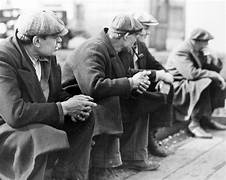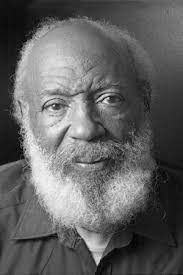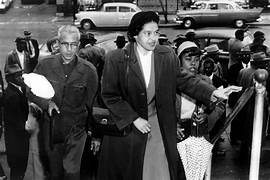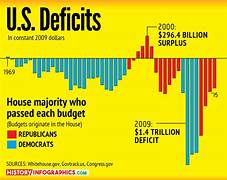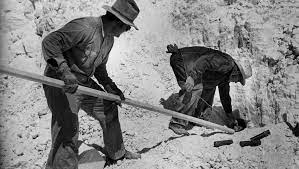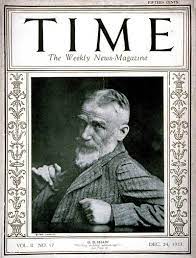In 1931, the United States was in the midst of the Great Depression, a devastating economic crisis that had begun two years earlier with the stock market crash of 1929. The effects of the Depression were felt deeply across the country, as unemployment rates soared, businesses shuttered, and families struggled to make ends meet. It was a time of great hardship and uncertainty for many Americans.
The year 1931 marked a turning point in the severity of the Depression. As the economy continued to decline, the effects of the crisis became even more pronounced. Unemployment rates reached staggering levels, with millions of Americans out of work and unable to find employment. The lack of jobs meant that families struggled to put food on the table and keep a roof over their heads.
The Depression also took a toll on businesses, large and small. Many companies were forced to close their doors, unable to sustain themselves in the face of plummeting consumer demand. This led to a vicious cycle of job losses, as more people became unemployed and had less money to spend, further exacerbating the economic downturn.
The impact of the Depression was not limited to the economy alone. Social and cultural aspects of American life were also deeply affected. Many people lost their homes and were forced to live in shantytowns known as "Hoovervilles," named after President Herbert Hoover, who was widely blamed for the economic crisis. These makeshift communities consisted of tents and makeshift shelters, where families lived in squalid conditions.
The psychological toll of the Depression was also significant. Many Americans experienced a sense of hopelessness and despair as they struggled to survive in such dire circumstances. Suicides rates increased, and mental health issues became more prevalent as people grappled with the overwhelming challenges they faced.
However, amidst the despair, there was still a sense of resilience and determination among the American people. Communities came together to support one another, forming soup kitchens and breadlines to provide basic necessities to those in need. Charitable organizations and government programs, such as the New Deal initiatives implemented by President Franklin D. Roosevelt, aimed to provide relief and stimulate economic recovery.
In the face of such adversity, the phrase "God Bless America" became a rallying cry for Americans. It represented a belief in the resilience of the nation and a plea for divine intervention to guide the country through these trying times. The patriotic song "God Bless America," written by Irving Berlin in 1918 but popularized during the Depression era, became an anthem of hope and unity.
